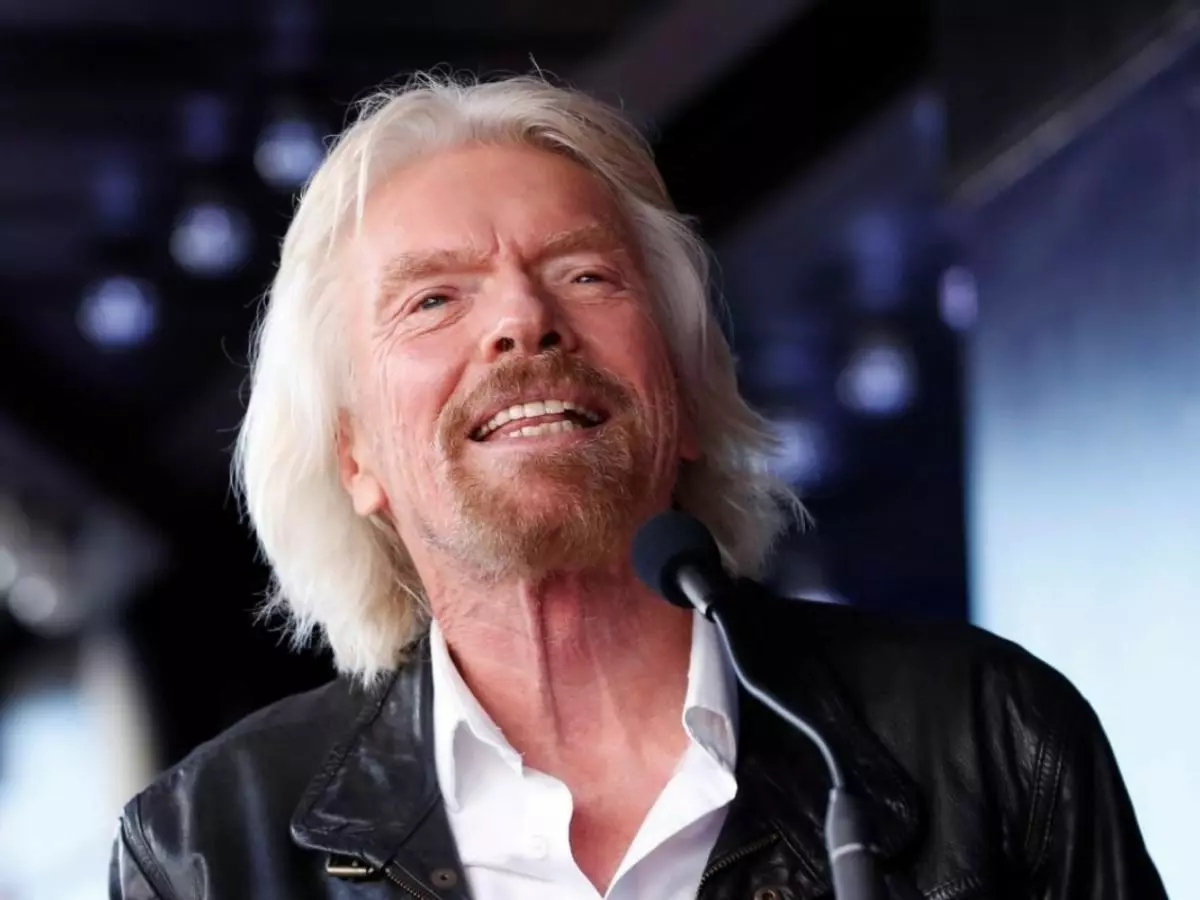Richard Branson Thinks 9 To 5 Jobs Are Outdated, And We'll All Work Much Less In The Future
Have you ever found yourself counting down the days until the weekend? Felt a surge of joy realising it¡¯s Friday and you have two days until you get back to work? Well, many people believe that shouldn¡¯t be the case, and won¡¯t in the very near future

Have you ever found yourself counting down the days until the weekend? Felt a surge of joy realising it's Friday and you have two days until you get back to work? Well, many people believe that shouldn't be the case, and won't in the very near future.

Take Virgin Group CEO Richard Branson for instance. He wrote a blog post a little while ago, where he talked about the company's flexible work arrangements. Most importantly though, he had a thing or two to say about five-day work weeks.
"The idea of working five days a week with two day weekends and a few weeks of holiday each year has become ingrained in society. But it wasn't always the case, and it won't be in the future," Branson wrote.
"As Google's Larry Page and others have said, the amount of jobs available for people is going to decrease as technology progresses. New innovations will drive industries forward, but they will also reduce our reliance on people power."
"Ideas such as driverless cars and more advanced drones are becoming a reality, and machines will be used for more and more jobs in the future. Even pilot-less planes will be become the reality in the not too distant future."

To understand that, we first need to understand why we work five days a work in most cases. You see this was a model that was established way back in the early 20th century in the US. Their Congress passed the Fair Labor Standards Act in 1938, which set the 9-to-5 Monday through Friday work timeline, as a way to stop employers from exploiting workers. And that was great, it's just that the system has remained in society as the concept of an ideal work week.
But Branson is right. That system may be getting outdated now that technology has advanced. As we progress, developments like automation and artificial intelligence are rendering many human jobs redundant.
This is something SpaceX CEO Elon Musk has agreed with in the past, when talking about how AI is going to outpace humans. "There certainly will be job disruption," he said in 2017. "Because what's going to happen is robots will be able to do everything better than us. I mean all of us."
And that's just one part of it. There's also the fact that many jobs these days are online-focused, which begs the question why employees have to come into a physical office at all. People in jobs like accounting, online content, advertising, and many more, are wasting productive hours travelling to and from hours.

In fact, a study by Voucher Cloud showed that employees aren't really productive for eight straight hours. Rather, they procrastinate a lot, and their actual productivity time is only about three hours, maybe even less.
There haven't been enough studies on the matter yet, but perhaps employees would even be more productive with either shorter days or fewer work days. After all, you need time to engage with friends and family and keep up with your hobbies, otherwise your overall productivity is suffering.
So maybe when we have more AI doing more of our jobs, we'll have a system that's not so dependent on bodies in a physical office for a fixed time.
